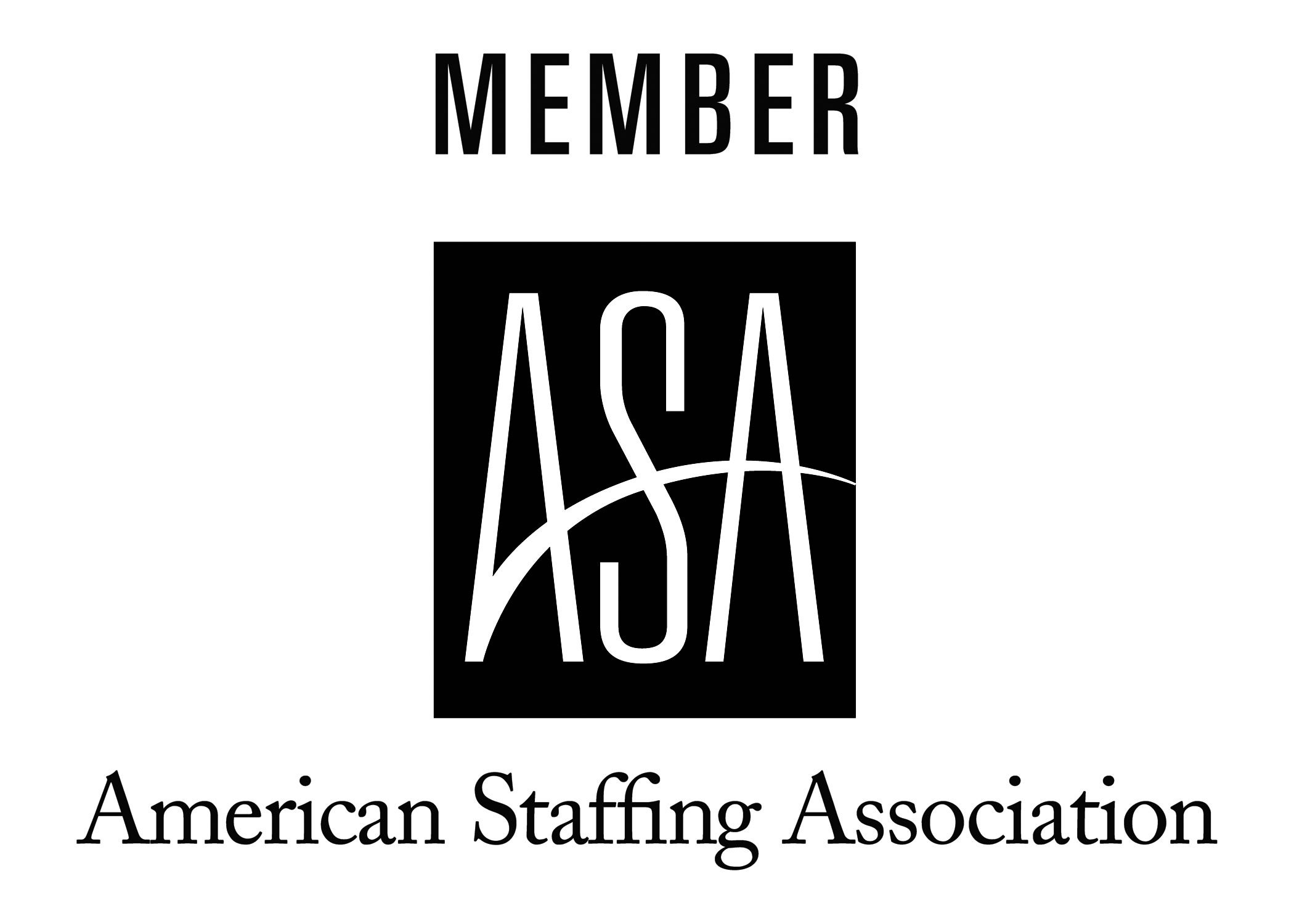The juvenile justice system in the United States serves a vital function in supporting at-risk youth who have committed offenses. It prioritizes rehabilitation over punishment and aims to reduce long-term involvement in the criminal justice system. Juvenile justice social workers play a critical role in achieving these goals. They work closely with youth and families to address underlying issues, support emotional development, and guide rehabilitation within juvenile justice programs.
This blog is designed for individuals who want to become juvenile justice social workers. Whether you're a student pursuing a degree in social work, a career changer, or an early-career professional, this guide explains how to enter the field, what the role involves, and the career opportunities available within the juvenile justice system.
What Does a Juvenile Social Worker Do?
A juvenile justice social worker helps youth under the age of 18 who have been involved in the legal system due to juvenile crime or delinquency. These professionals work directly with at-risk youth to assess their needs, connect them with support services, and guide them toward rehabilitation.
Juvenile social workers are employed in a variety of settings, including juvenile detention centers, juvenile courts, probation offices, schools, and nonprofit organizations. They collaborate with probation officers, teachers, mental health providers, and families to ensure a coordinated approach to care.
Key responsibilities include
- Assessing each youth's behavior, environment, and emotional needs
- Creating individualized intervention or rehabilitation plans
- Explaining court mandates, probation requirements, and available resources
- Coordinating counseling, education, or vocational training
- Monitoring progress and maintaining detailed records for court use
- Attending juvenile court hearings to report on client progress or provide testimony
- Supporting youth in restorative justice and diversion programs
- Helping youth reintegrate into schools and communities
These social workers play a pivotal role in reducing juvenile delinquency and building pathways to long-term success.

How to Become a Juvenile Justice Social Worker
To become a juvenile justice social worker, you need the right education, field experience, and credentials. Here's a step-by-step look at the career path.
Earn a Bachelor’s Degree in Social Work
Start with a bachelor's degree in social work (BSW) from a CSWE-accredited institution. A BSW provides foundational knowledge in social welfare, youth development, and case management.
Gain Experience Working with At-Risk Youth
Internships or entry-level roles in juvenile facilities, youth programs, or social services agencies allow you to work directly with youth and understand the justice system. These experiences help build your understanding of restorative justice and trauma-informed care.
Pursue a Master’s Degree in Social Work (MSW).
To qualify for advanced roles within juvenile justice, an MSW is typically required. Graduate programs offer specialized courses in juvenile justice, child welfare, and mental health.
Earn Licensure and Specialized Certifications
After obtaining your Master of Social Work (MSW) degree, you need to pass the licensing exam administered by the Association of Social Work Boards (ASWB) to become either a Licensed Clinical Social Worker (LCSW) or a Licensed Master Social Worker (LMSW). Additionally, some states have specific licensure requirements. You can check the details through your state's licensing board.
Also consider certifications in juvenile justice, trauma-informed care, or restorative justice to qualify for roles within juvenile detention and court programs.
Apply for Juvenile Justice Social Work Positions
Once licensed, you can apply for roles like juvenile probation social worker, forensic social worker, youth case manager, or diversion coordinator. Joining Verovian social work recruitment agency will assist in making the job search easy and seamless.
Advance Your Career Through Professional Development
Experienced social workers can move into leadership, training, or policy roles. Join organizations like the National Association of Social Workers (NASW) and attend seminars on juvenile justice reform and adolescent mental health.
Average Salary and Job Outlook
According to the U.S. Bureau of Labor Statistics, the median annual salary for social workers was $61,420 in 2023. Those working with children and young adults typically earn between $50,000 and $75,000, depending on location and experience.
The field is expected to grow 7% from 2022 to 2032, faster than average. States like California, New York, Texas, and Florida have especially high demand for juvenile justice professionals.
Career Opportunities and Paths for Growth
Juvenile justice social workers can explore various roles within the field. Common career opportunities include:
- Juvenile Case Manager
- Juvenile Probation Social Worker
- Youth Rehabilitation Counselor
- Clinical Social Worker in Juvenile Detention Centers
- Mental Health Coordinator for At-Risk Youth
- Forensic Social Worker
- Juvenile Justice Program Director
- Restorative Justice Facilitator
As you gain experience, you can also consult on justice reform initiatives or manage teams within social service organizations.
Final Thoughts
If you are compassionate, resilient, and committed to helping young people overcome adversity, juvenile social work may be the path for you. Social workers in this field must be comfortable navigating the court system, working with diverse populations, and responding to crises. They must also be prepared to collaborate with multiple professionals and advocate for fair treatment within the legal system.
This work is challenging but deeply meaningful. Social workers play a vital role in guiding youth toward second chances, addressing the root causes of delinquent behavior, and improving the lives of families affected by the justice system.
Ready to Work in Juvenile Justice?
Register with Verovian Social Work Recruitment Agency, where aspiring and experienced professionals are connected with high-impact roles in juvenile courts, probation programs, and detention facilities. Whether you’re just starting or seeking to advance, our agency helps you access career opportunities that align with your goals. Ready to shape brighter futures for youth? Register today and unlock your next impactful role in juvenile justice social work.





